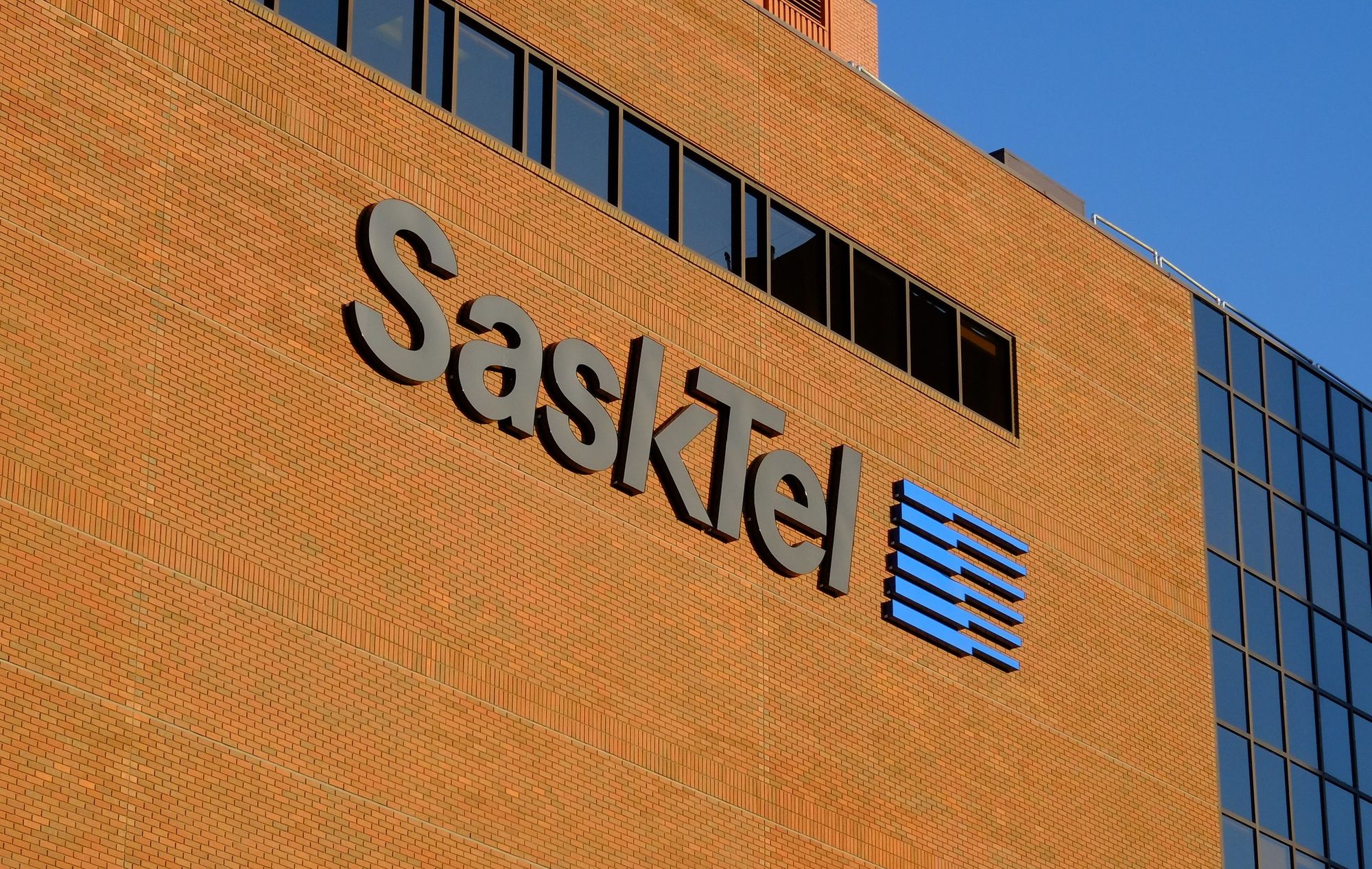Want cheaper access to the internet? Get a public telecom company.
Saskatchewan has the country’s only telecom crown corporation, SaskTel. While other public telephone utilities were privatized, SaskTel has survived, in large part because it offers better service for less money.
The province has wireless and internet rates well below the rest of the country — not just for customers of SaskTel, but for everyone. Many of the big national telecom companies — such as Bell, Telus and Rogers — set their prices up to 40 per cent lower in Saskatchewan to compete with SaskTel. As a result, people in Regina can pay on average less than $50 per month for a wireless plan with more than 10GB of data, whereas in Toronto (or Montreal, Vancouver, Winnipeg, and Halifax) an equivalent plan would cost more than $80 per month, according to a 2017 Nordicity study done for the federal government. Regina is the outlier, and it’s because of SaskTel.
Canada has some of the highest costs for internet service, and worst speeds, in the world. Often the big three telecom companies insist this is because Canada is just too big a country, that is too sparsely populated. And yet, Saskatchewan has the second-lowest population density of any of the provinces, but due to SaskTel, also has the lowest prices. This proves high costs and poor service on the part of the major telecom companies are a choice, not an inevitability.
SaskTel, meanwhile, has pushed forward with an aggressive plan to spread its infrastructure through rural Saskatchewan. Not because of any profit-seeking motive, but because there’s social good in doing so. In 2018, Don Morgan, an MLA in Saskatchewan, told CBC, “The analogy that I would refer you to is SaskPower where all the electrification took place in the 1950s, not always business decisions that would make sense on an individual basis, but on a province-wide basis certainly it was the right decision to do at that time.”
Its executives also aren’t paid exorbitant salaries. A 2019 report the Courage Coalition put together in 2019 found that the company’s “CEO and board of directors [were paid] one-tenth of what MTS (Manitoba’s privatized telco which is of similar size and was sold off in 1996) pays its corporate leadership.” And rather than paying dividends to shareholders, excess revenue is given back to the province. Last year, they paid $110.5 million to the province’s Crown Investment Corporation.
It might seem odd that a province so consistently led by conservatives would still have a publicly owned telecom company. And in fact, the government has tried to gradually privatize SaskTel.
In 2017, the Saskatchewan Party government of then-Premier Brad Wall put in place Bill 40, which would allow for up to 49 per cent of crown corporations, such as SaskTel, to be partially privatized. Almost immediately after the bill’s passage, the big three telecom companies began lobbying SaskTel.
The law became a major flashpoint, with plenty of public pressure put on the government to repeal the law, which it eventually did. Thanking the “very direct feedback” of the people of Saskatchewan, Wall announced his government would repeal Bill 40 a few months after it was passed.
This isn’t a surprise, because people in the province really like SaskTel. It’s consistently at or near the top of the ratings compiled by J.D. Power for customer satisfaction (first in 2021), customer care (third in 2020), network quality (second in 2020) and reliability (third in 2020).
Now, SaskTel isn’t perfect. Speeds in the province are below the national median, according to data provided to Passage by the Canadian Internet Registration Authority internet performance test. This data accounts for all internet users, not just those with SaskTel, but the company does provide more than 286,000 internet connections in a province of just 1.1 million people. (About two thirds of wireless customers in Saskatchewan belong to SaskTel.)
In urban Saskatchewan, the median download speed is 19.3 Mbps, whereas the national median is 24.2 Mbps. In rural Saskatchewan, the median download speed is 7.8 Mbps compared to 9.4 Mbps nationally. The median download speed in Saskatoon is 48 Mbps, compared to 61 Mbps in Calgary, and 59 Mbps in Toronto.
Still, as a whole, SaskTel shows us that even if we can’t have a fully nationalized telecom sector, we’d be far better off if there was at least a public option. With goals other than maximizing profit, and squeezing Canadians for substandard service, a public provider could change the market — wretched as it may be — to better serve people.






